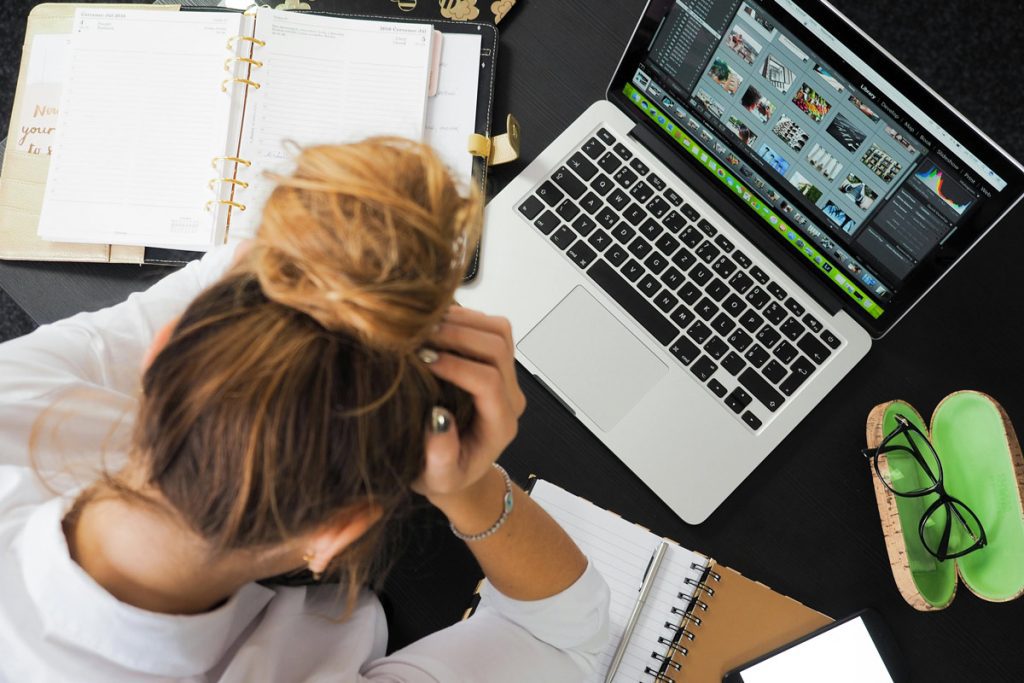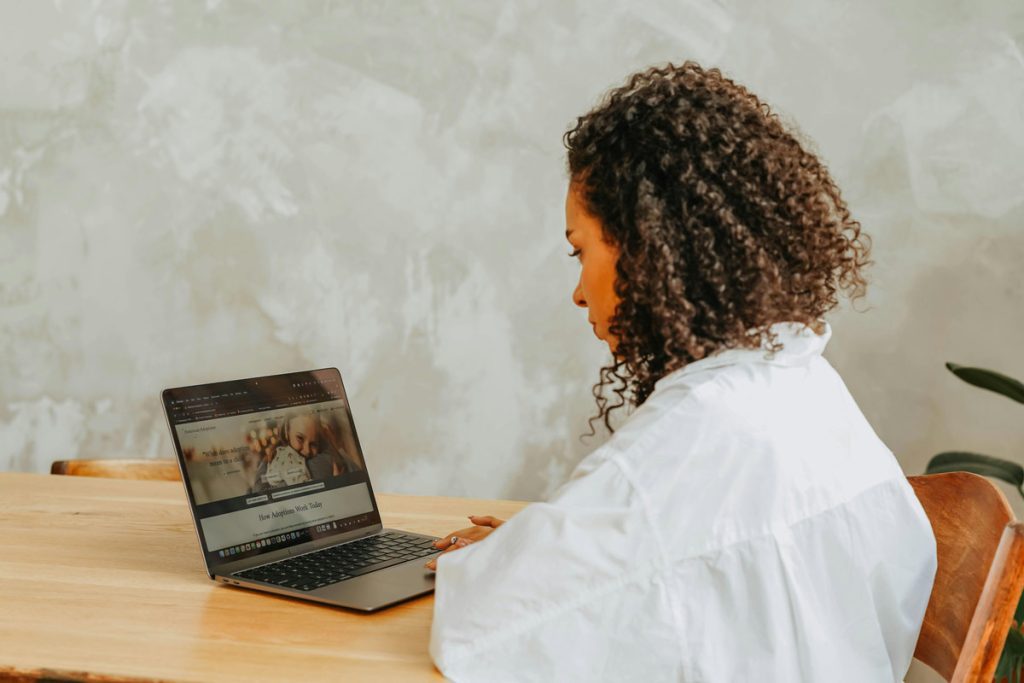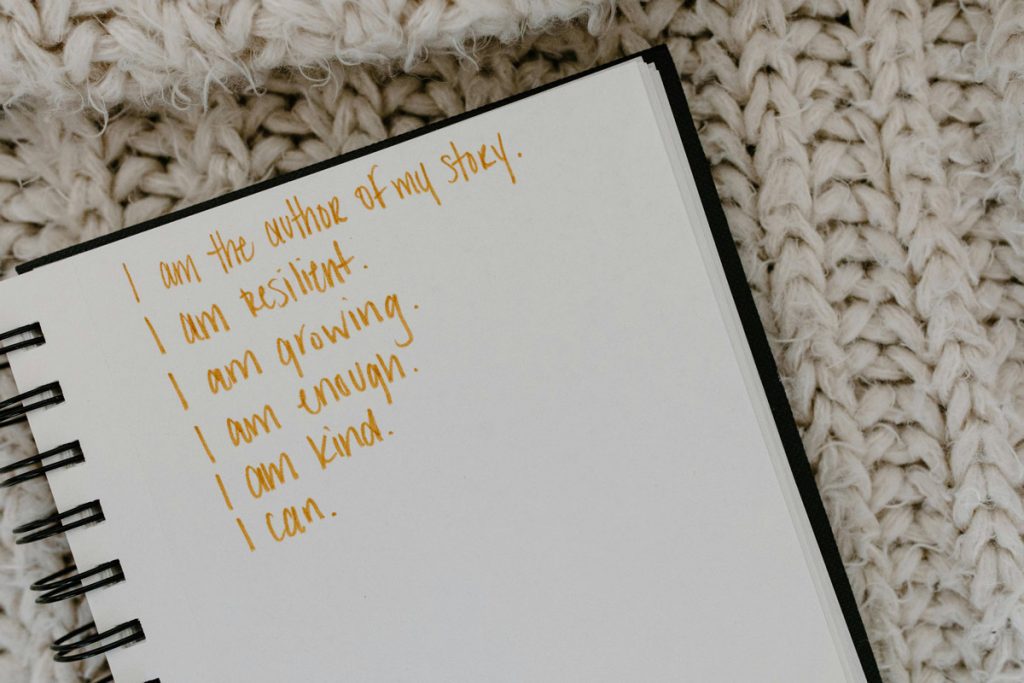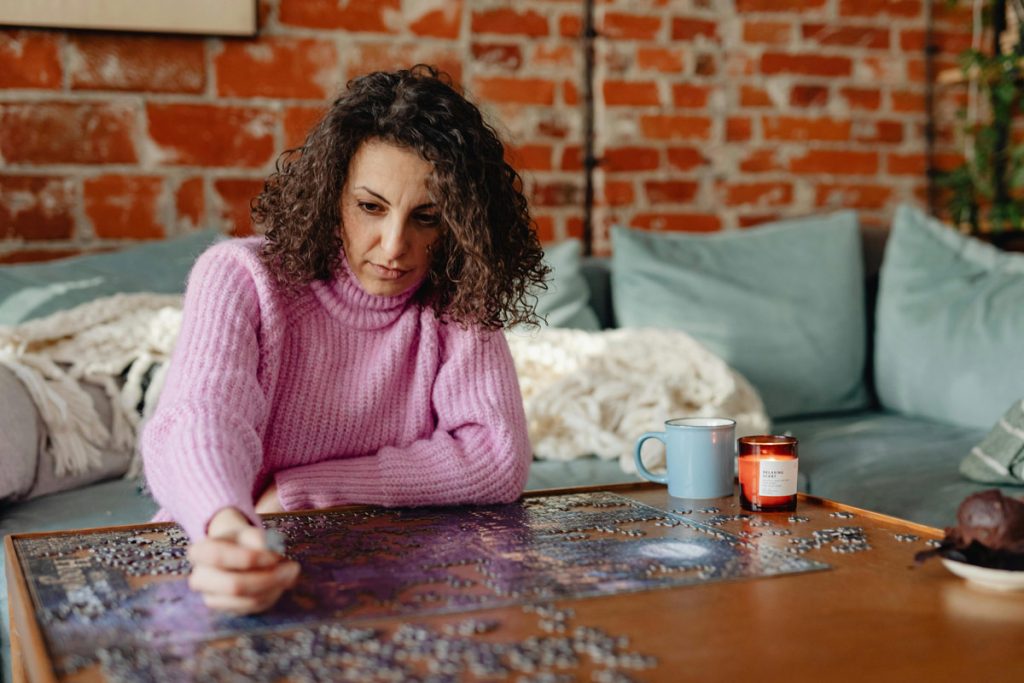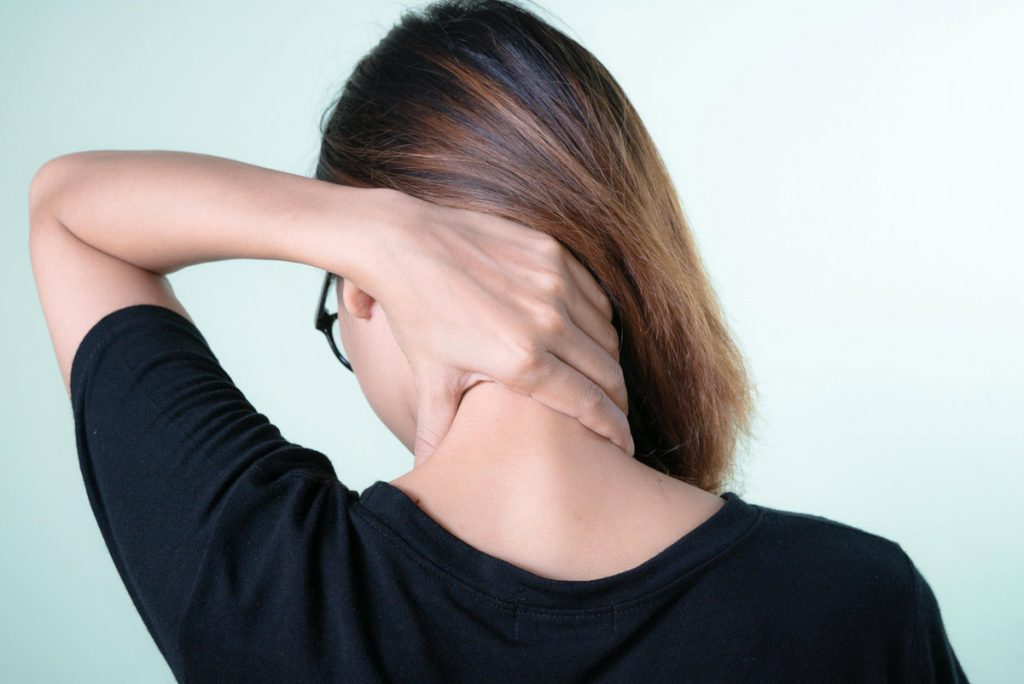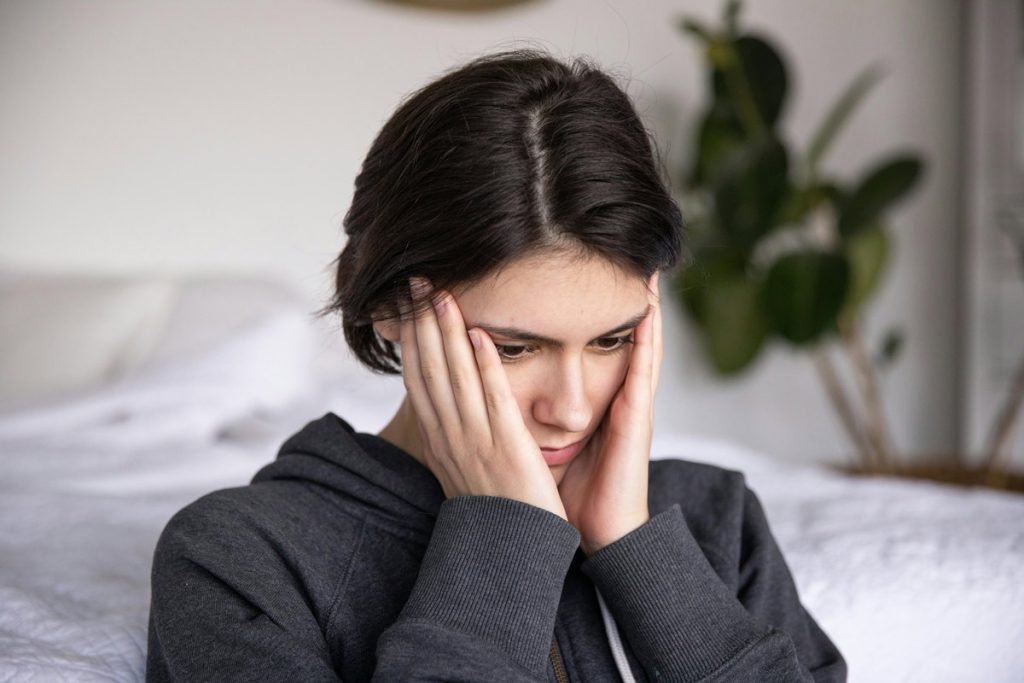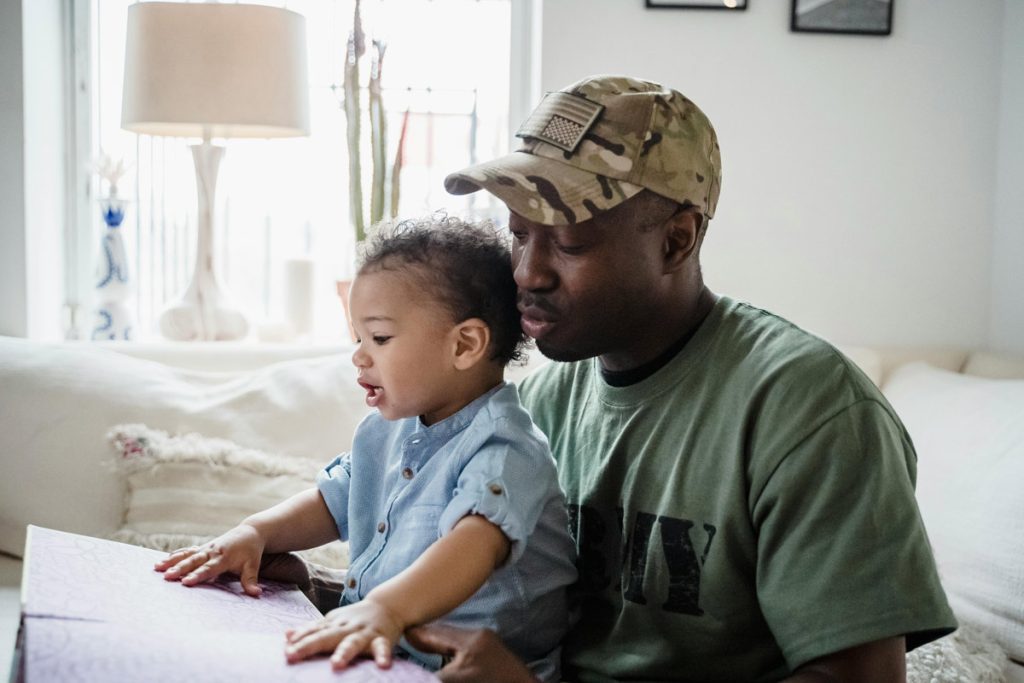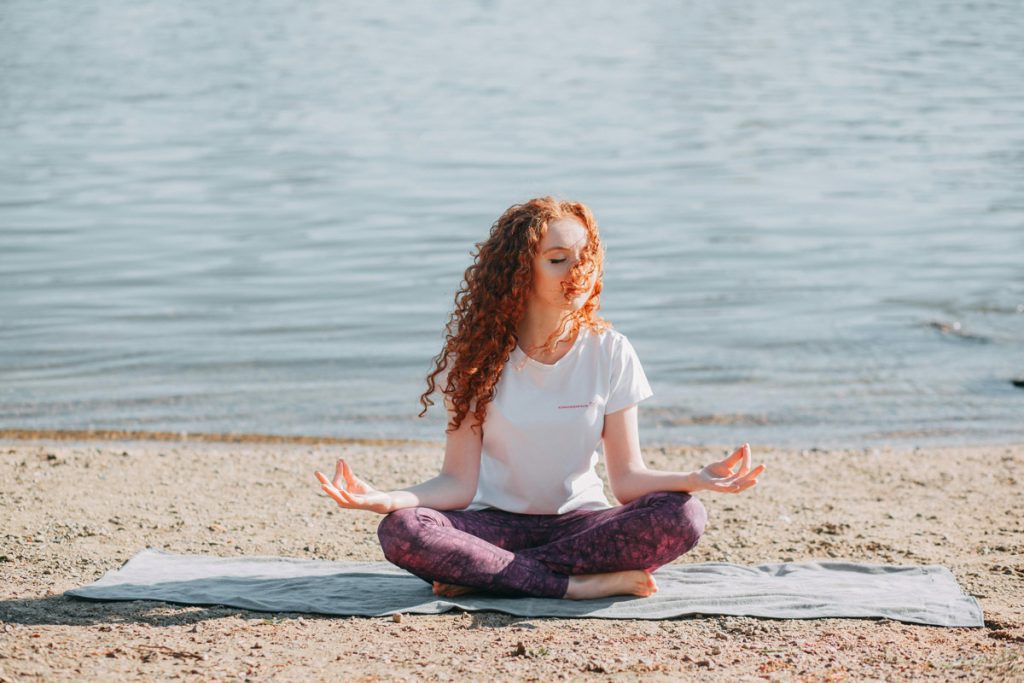Secondary traumatic stress affects more people than you think. Learn the signs and symptoms of STS and what you can do to protect your mental health and well-being
Our Latest Blogs
Discover how to keep love alive in long-term relationships. Learn why happy couples balance romantic gestures with daily routines to maintain connection and intimacy.
Peer support mental health groups are helping young adults navigate recovery together. Learn how shared experience, community, and connection build resilience.
Discover 9 daily habits for emotional wellbeing that don’t require perfection or major life changes. Evidence-informed practices for managing stress and building balance.
Learn how relationship conflict can heal attachment wounds. A therapist explains attachment theory, reenactment, and turning arguments into connection.
Learn how families can advocate for loved ones after addiction detox. Practical guidance on coordinating care, supporting mental health, and sustaining recovery.
Learn how trauma and eating disorders are connected, what integrated treatment involves, and why recovery is possible with the right support and care.
Gen Z is drinking less than any generation before. Learn why young adults are choosing mental clarity, health, and savings over alcohol.
For neurodivergent people, the deepest wound is often being misunderstood. Learn why self-diagnosis emerges and when professional assessment is essential.
A therapist shares insights on changing unhealthy habits after working with hundreds of clients. Why willpower fails and what actually works for lasting change.
Discover what inner child healing is and learn 5 practical ways to reconnect with your younger self. Transform childhood wounds into emotional resilience.
Learn how humor can help neurodivergent children with ADHD and autism regulate emotions. Practical, respectful strategies for parents and caregivers.
Learn how to use mental health chatbots safely without replacing your therapist. Discover benefits, risks, and practical guidelines for digital mental health tools.
Learn how to transform anxiety from an enemy into a teacher. Discover 3 powerful tools to use anxiety for growth, healing, and self-understanding.
Social anxiety in early recovery can trigger relapse. Learn practical strategies to navigate social situations without substances and build connections in sobriety.
After years of failed attempts to stop nail biting, I finally found what works. An honest look at BFRBs, compulsive behaviors, and practical solutions.
Practical strategies for protecting your peace at family gatherings when toxic family members push boundaries. Learn how to set limits and stay safe.
Learn the 6 warning signs your child may need a child psychiatrist.
Constant urgency hijacks your brain and damages mental health. Learn how clarity protects against chronic stress and helps you regain control.
Discover science-backed strategies to protect your mental health during the holidays. Learn how breaks, mindfulness, and connection reduce holiday stress.
Learn how crisis transport for teens provides safe, compassionate support during mental health emergencies and helps families navigate the path to treatment.
Discover how a mental health retreat can support your healing journey. Learn why changing your environment helps create lasting recovery and inner peace.
Discover how laughter therapy supports emotional recovery through stress relief, mood elevation, and resilience building. Learn practical ways to use humor for healing.
A pediatric GI doctor explains the connection between teenage stomach pain and anxiety, plus practical routines to help your teen feel better naturally.
Made a mistake at work and can’t stop worrying? Learn why self-blame happens and get practical steps to move past workplace errors with confidence.
Only 26% of Americans relax at home daily. Discover why clutter, guilt, and noise are blocking rest—and simple ways to make your home support mental health.
Living with OCD meant circling roads for hours, convinced I’d hurt someone. Here’s my journey from paralyzing obsessions to reclaiming my life.
Does marriage counseling work? For 70% of couples, yes. Learn when to seek help, what to expect, and why success doesn’t always mean staying together.
Language barriers can prevent teens from getting mental health help. Learn how professional interpreters and translation services make healing possible.
Learn how childhood trauma and social media pressure are driving the teen mental health crisis—and what parents can do to help their teens thrive.
Discover how to heal from transgenerational trauma. Learn three steps to break the cycle of inherited anxiety and create lasting change for your family.
Learn how to find the right marriage and family therapist. Expert guide covers credentials, therapy approaches, costs, and what to look for in consultations.
Discover how long-acting naltrexone implants are transforming addiction recovery by reducing relapse rates and providing continuous support for lasting sobriety.
Feeling off for more than a few days? Learn when “not feeling like yourself” means it’s time to check in on your mental health—and how to take the first step.
Discover how chronic stress and anxiety silently affect your heart health. Learn evidence-based strategies to protect your cardiovascular and emotional well-being.
Exploring mindfulness in addiction recovery builds strength through stillness. Learn practical ways to stay present, manage cravings, and support lasting sobriety.
Learn essential first steps for supporting a loved one struggling with mental health. Practical guidance for concerned family members on how to help.
EMDR or TMS for trauma, PTSD, and depression? Learn how each therapy works, what to expect, and which treatment fits your goals and lifestyle.
Discover how exercise acts as natural exposure therapy for panic attacks. Learn how your workouts can rewire your brain’s panic and anxiety response.
Complete guide to Medicaid mental health coverage: services included, who qualifies, and what work requirement changes mean for your benefits.
Discover how the anxiety habit of constant questioning and problem-solving can worsen symptoms—and learn the practical steps to break the cycle for good.
Discover how one man transformed his struggle with sexual compulsions into personal growth through self-awareness, practical strategies, and professional support.
Discover the Flip Method: a 4-second technique that broke 15 years of health anxiety. Learn how to stop the spiral of symptom Googling and catastrophic thinking.
Learn to recognize when “I’m fine” masks hidden struggles. Discover subtle signs someone needs support and how to respond with compassion and care.
Discover practical mindfulness techniques that take just 10 minutes daily. Learn evidence-based practices to reduce stress and improve focus without myths.
Discover the science behind positive affirmations and how they boost emotional resilience. Learn neuroscience-backed techniques to build mental strength daily.
Discover why executive dysfunction, not laziness, causes struggles with task completion and productivity. Learn the clinical signs and evidence-based strategies that help.
Discover 10 simple hobbies that can help ease depression symptoms. From journaling to clay work, learn gentle activities that add structure, spark joy, and support mental health recovery.
From ‘I am broken’ to ‘I am healing’—a therapist’s personal journey using mindfulness and self-compassion to transform mental health recovery.
Learn to set boundaries with toxic family members without guilt. Discover the psychology behind boundary struggles and proven strategies to protect your mental health.
Anxiety isn’t just something adults and older adolescents face—young children experience it, too. Sometimes, its signs are so subtle and difficult to distinguish from everyday worries that parents may not recognize the gravity of what’s happening. As a parent or caregiver, realizing your child’s struggles aren’t “just a phase” can be both frightening and heart-wrenching. […]
In recent years, hypnotherapy has re-emerged as a valuable tool in mental health care. Once misunderstood or dismissed, it’s now being embraced by a growing number of clinicians and clients for its ability to help with anxiety, trauma, and stress-related conditions—especially among teens and young adults. Debunking the Myths: What Clinical Hypnotherapy Really Is Hypnotherapy […]
Food, coffee, wine, weed — we often talk about these as indulgences, treats, or vices. But for many of us, they’re more than that. They’re survival tools for feelings we never learned to hold. Maybe you crave something sweet late at night when the house goes quiet. Or you can’t get through the afternoon without […]
Trauma affects more than memory. It also becomes embedded in the body in places that can’t be touched by logic. Although traditional talk therapy has helped many people to understand their past, some find that understanding is not enough. The body stores trauma, and for many people, the healing process can’t begin unless it is […]
I spent decades in the waiting room of depression. Not suicidal. Not fine. I started ketamine therapy because nothing else worked. Not the pills. Not the years of talking. I wasn’t looking for answers. I just wanted something to shift. The psychedelic visions started early. During one session, I found myself in mission control, watching […]
Water plays an essential role in maintaining overall health, especially brain function, as approximately 75% of the brain is composed of water. Not drinking enough water can lead to dehydration, which affects both the body and mental functions. Prolonged dehydration can cause confusion, fatigue, and mood changes. Along with omega-3 fatty acids, known for their […]
One day in ninth grade, I looked in the mirror in the girls’ restroom and noticed how round my face looked. No one said anything offensive or made fun of me to make me think that. Earlier in the month, an injury took away my ability to play soccer—my main outlet for control and discipline—so […]
In our day and age, where there are so many forces – both online and offline, visible and hidden – that collide with the sensitive machinery of our minds, the decision to use substances often begins with the desire to numb the impact of these disturbances. It’s the way it goes, and the mechanism seems […]
Catastrophizing is a cognitive distortion where your mind automatically jumps to the worst-case scenario. Though the original concern may seem rational, this pattern of thinking exaggerates the potential outcome far beyond what is realistic. This blog post will help you identify six signs that you may be catastrophizing and how to stop the spiral. The […]
It was 2016, and I was hunched at my desk, reading my therapy textbook. On the long list of things that provoked my anxiety, the never-ending academic to-do list was often at the top. I remember working so hard to suppress the rising panic that I felt trying to get through those paragraphs. If you’ve […]
Recovery from mental health challenges often requires more than therapy or medication—it also involves finding simple, consistent tools that support emotional healing. Gratitude is one of those tools. Frequently misunderstood as just being polite, gratitude is a powerful mindset that helps us notice and appreciate the small, positive moments in life. This shift in focus […]
I know you’re tired. Not just sleepy — I mean exhausted. Soul-deep, bone-heavy, mind-racing tired. The kind of tired that keeps you lying awake at 2 a.m., staring at the ceiling, holding back tears for reasons you can’t even name. Or maybe you stopped holding them back a long time ago. You’ve probably said “I’m […]
Most people are familiar with the fight, flight, or freeze response as an instinctive reaction to a threat. But there’s another one that often goes unnoticed—fawn. Fawning is the trauma response that doesn’t look like fear—at least not on the surface. It looks like being nice. Like over-apologizing. Like saying yes when we mean no. […]
It starts with something small—a missed call, a forgotten errand, or a distracted response. Suddenly, your heart pounds, your chest tightens, and a surge of frustration or fear overtakes you. Before you know it, you’re snapping at your partner, assigning blame with more heat than the moment seems to warrant. Later, you’re left wondering, “Why […]
When a service member returns home, the transition to civilian life can be filled with both relief and unexpected challenges. For many veterans, the burdens of military service don’t end when deployment does. Some carry visible wounds, while others struggle to heal from invisible ones, including addiction. Families often find themselves standing at the front […]
When we think of trauma recovery, yoga might not be the first solution that comes to mind. Yet, for many individuals navigating the long road of healing, trauma-aware yoga can be a powerful—and surprisingly gentle—support. I’ve seen this firsthand, both in my own healing and through working with clients. With the right approach, yoga becomes […]
Parenting doesn’t come with a manual, and that’s especially true when your kids hit young adulthood. The rules change, the challenges deepen, and the previously clear parent-child dynamic is suddenly more complicated than ever. If you’ve been losing sleep searching for answers on how to connect with and guide your twenty-something child, you are not […]
When we talk about eating disorders, most people picture young women battling anorexia or bulimia. But the reality is much broader and far less recognized. About one in three individuals with an eating disorder is male. In the U.S. alone, millions of boys and men will struggle with food, body image, and disordered eating at […]
More middle-aged women are dying from opioid overdoses, with a 260% increase in fatalities, according to research by Pathways Recovery Center. This research highlights the rising impact of opioid overdoses on middle-aged women, revealing a concerning link between the lack of targeted addiction treatment and increasing mortality rates in this group. For many women, the […]
Have you ever found yourself reacting strongly to something and not understanding why? Maybe it was a smell, a sound, or a certain situation—and suddenly, you felt anxious, angry, or overwhelmed. It’s possible that what you experienced was tied to a repressed memory. But what exactly are repressed memories, and how do they affect your […]



















